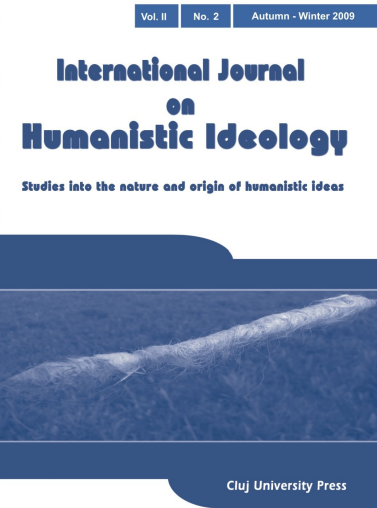Distinctiveness of the Unseen: Buddhist Identity
Distinctiveness of the Unseen: Buddhist Identity
Author(s): Sugu Dana, Sarunya PrasopchingchanaSubject(s): Philosophy
Published by: Presa Universitara Clujeana
Keywords: action identity; neuropsychological theories; religion; Buddhism; reality.
Summary/Abstract: All major systems of belief claim to have a distinctive understanding and relation to whatever they may consider the unseen divine entity. Present neuropsychological theories are divided between the possible existence of “God-modules” hardwired in the brain, on one hand, and God as a construction of the brain’s incapacity to explain unknown and unidentified events. In Theravāda Buddhism there is no personal deity; one experiences the ultimate as impersonal. The idea of self is also rejected and a Buddhist identity is pointing out towards “othoproxy”, “the right practice”, what could be called “action identity”.
Journal: International Journal on Humanistic Ideology
- Issue Year: II/2009
- Issue No: 02
- Page Range: 115-143
- Page Count: 28
- Language: English

